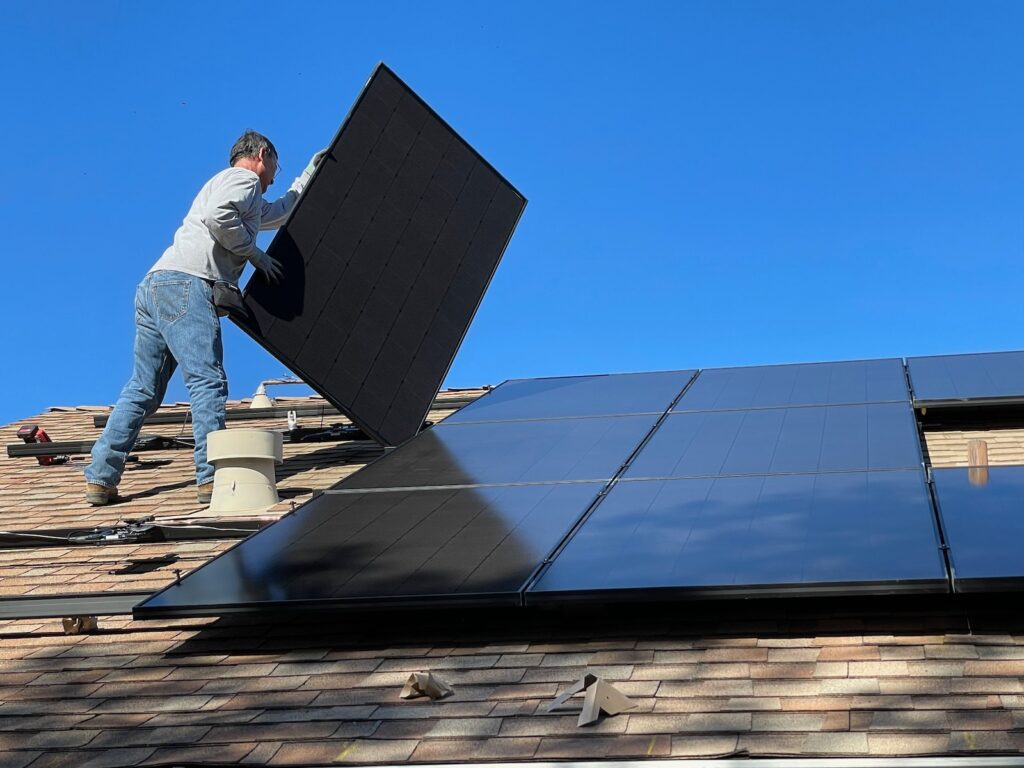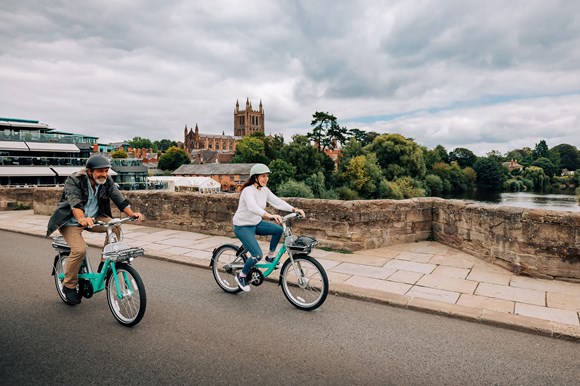London, Milton Keynes, Bristol and Nottingham will all receive government money to promote green vehicle technology
London, Milton Keynes, Bristol and Nottingham were today (January 25) chosen as the four cities awarded £40 million in total to promote green vehicle technology after successful bids to the government’s Go Ultra Low City Scheme.
Four cities have been announced as winners to receive money from the £40m potAs a result, the successful bidders will deliver a rollout of new technology, such as rapid-charging hubs and street lighting that double as charge points, along with a range of proposals that will give plug-in car owners extra local privileges such as access to bus lanes in city centres.
Around 25,000 parking spaces will also be opened up for plug-in car owners, saving commuters as much as £1,300 a year, according to the Department for Transport (DfT).
The funding was awarded to cities “which have designed schemes that will help encourage thousands of people to consider switching to a plug-in car,” said the DfT. “These proposals will support the UK’s thriving green vehicle sector, improve air quality in urban hotspots and help the government meet its emission cutting targets.”
Transport Secretary Patrick McLoughlin said: “These Go Ultra Low Cities have proposed exciting, innovative ideas that will encourage drivers to choose an electric car. I want to see thousands more greener vehicles on our roads and I am proud to back this ambition with £40 million to help the UK become international pioneers of emission cutting technology.
“The UK is a world leader in the uptake of low emission vehicles and our long-term economic plan is investing £600 million by 2020 to improve air quality, create jobs and achieve our goal of every new car and van in the UK being ultra-low emission by 2040.”
Grant awards
London successfully bid for £13 million to create ‘Neighbourhoods of the future’ prioritising ultra-low emission vehicles (ULEVs) in several boroughs across the capital.
Proposals put forward by the capital include more than a dozen streets in Hackney going electric with charging infrastructure such as car-charging street lighting, while Harrow will develop a low emission zone offering parking and traffic priority to owners of plug-in vehicles.
Westminster council already provides free parking for ULEVs and London’s proposal aims to deliver 70,000 ULEVs sold by 2020 and almost quarter of a million by 2025.
Elsewhere, Milton Keynes will receive £9 million to open a city centre Electric Vehicle Experience Centre – a ‘one stop shop’ providing consumer advice and short-term vehicles loans.
It also proposes to open up all 20,000 parking bays for free to EVs and co-brand bus lanes as low emission lanes giving plug-in vehicles the same priority at traffic lights as local buses.
Bristol will receive £7 million to offer free residential parking for ULEVs, access to three carpool lanes in the city, over 80 rapid and fast chargers across the city and a scheme encouraging people to lease a plug-in car for up to four weeks to help them better understand the range of benefits that electric vehicles bring.
Midlands
In the Midlands, Nottinghamshire and Derby will use £6 million of funding to install 230 chargepoints and offer ULEV owners discount parking and access to over 13 miles of bus lanes along key routes across the city.
In addition, the investment will also pay for a new business support programme letting local companies ‘try before they buy’.
The scheme is also providing £5 million of development funding for specific initiatives in Dundee, Oxford, York and north east regions to “help them play their part in kick-starting a country-wide clean motoring revolution”.
New commuter charging hubs in Dundee will provide links across the region for plug-in vehicle owners, while solar-canopied park and ride hubs in York will help reduce air pollution in and around the city.
According to the DfT, the £40 million announcement will also support highly skilled jobs in the automotive industry by encouraging the sale of thousands of extra plug-in cars, many of which will be built and tested in the UK.
Poppy Welch, head of Go Ultra Low said: “With thousands more plug-in cars set to be sold, cutting running costs for motorists and helping the environment, this investment will help to put the UK at the forefront of the global ultra-low emissions race. Initiatives such as customer experience centres, free parking, permission to drive in bus lanes and hundreds of new, convenient public charging locations are sure to appeal to drivers and inspire other cities and local authorities to invest in the electric revolution.”







